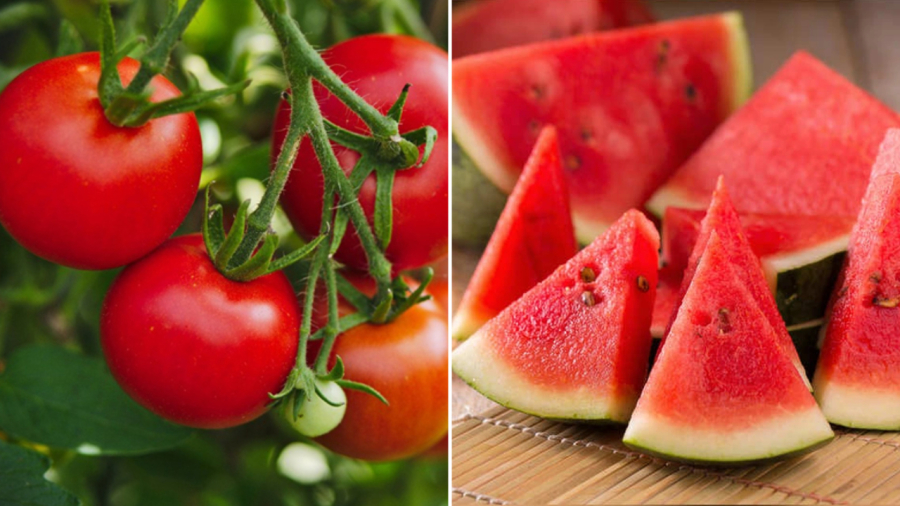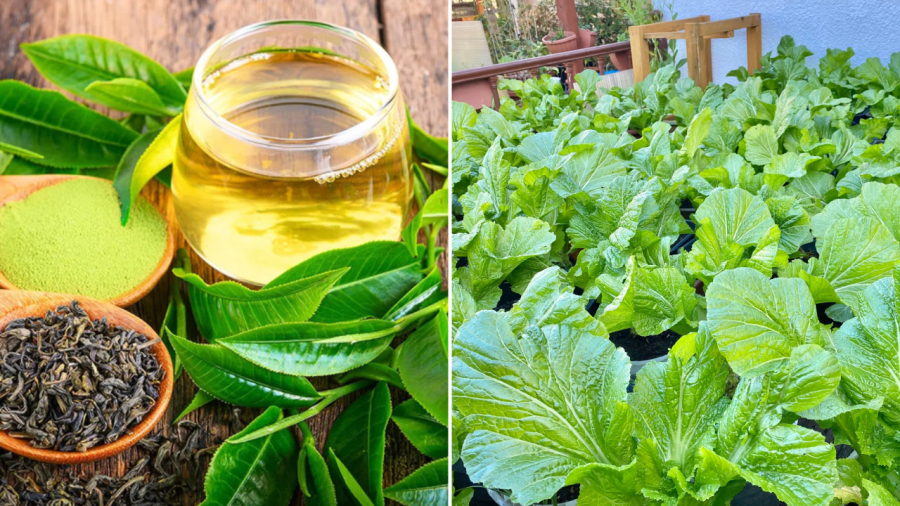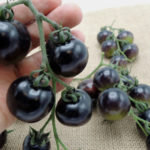Tomatoes
Tomatoes contain a high amount of lycopene, an antioxidant that protects the body against the effects of ultraviolet radiation. Research conducted at Heinrich Heine University in Germany revealed that individuals who consumed a small amount of tomato paste and olive oil daily for ten weeks experienced significant benefits. Notably, this group exhibited a 40% reduction in sunburn compared to a group that consumed only olive oil.
The study also demonstrated that lycopene is best absorbed when combined with olive oil.

Both tomatoes and watermelon contain high levels of lycopene, which offers skin protection.
Watermelon
Watermelon not only provides ample hydration but also contains lycopene. Scientists in Pakistan and Malaysia discovered that 100 grams of red-fleshed watermelon contains nearly 40% more lycopene than 100 grams of tomatoes.
Leafy Green Vegetables
Leafy green vegetables are rich in nutrients, particularly antioxidants that benefit overall health. A comprehensive analysis of studies conducted by researchers at Tufts University in the United States revealed that dark leafy greens are abundant in lutein and zeaxanthin. These compounds possess antioxidant properties, preventing the formation of wrinkles and protecting the skin from sun damage.

Green tea and leafy greens provide an array of beneficial nutrients and antioxidants.
Green Tea
Green tea contains a high concentration of polyphenols and EGCG, which combat damage to the skin caused by UVA rays. Furthermore, these substances help prevent the breakdown of collagen. EGCG promotes the repair of DHA, contributing to healthier skin.
According to a 2012 study published in the journal Oxidative Medicine and Cellular Longevity, individuals who consumed approximately five cups of green tea daily, equivalent to 2.5 grams of tea, exhibited a lower risk of developing skin cancer compared to those who consumed little or no tea.
Red Bell Peppers
100 grams of red bell peppers provide nearly 43,000 micrograms of beta-carotene. This substance is a precursor to vitamin A and aids in reducing sunburn. Supplementing with beta-carotene for a minimum of 10 weeks enhances the skin’s protection against the damaging effects of ultraviolet radiation.
Fatty Fish
Fatty fish, such as salmon and sardines, offer significant health benefits. For instance, sardines are rich in selenium, an antioxidant that mitigates the harmful effects of UVB rays on the skin. Fatty fish also contain a high concentration of amino acids. According to a study conducted at the University of Manchester in the United States, incorporating omega-3 fatty acids into one’s diet reduces the immunosuppressive effects of sunlight, thereby lowering the risk of skin cancer.
The Mediterranean diet, which includes a high intake of fish, nuts, seeds, olive oil, and vegetables, has been shown to inhibit the development of malignant tumors and skin cancers caused by ultraviolet radiation in sunlight.
Grapes
Grapes are a delectable fruit that provides a wealth of nutrients and offers skin protection. According to an experiment conducted by researchers at the University of Alabama at Birmingham in the United Kingdom, which examined the benefits of grapes, their consumption was found to combat the harmful effects of ultraviolet radiation. In this trial, 19 healthy adults were administered a powder made from freeze-dried grapes over a 14-day period. The researchers measured the participants’ skin sensitivity before and after grape consumption. The results indicated that the grape powder enhanced the skin’s resistance to ultraviolet radiation. Additionally, skin biopsy results revealed that the participants exhibited fewer dead skin cells and less DNA damage.



































